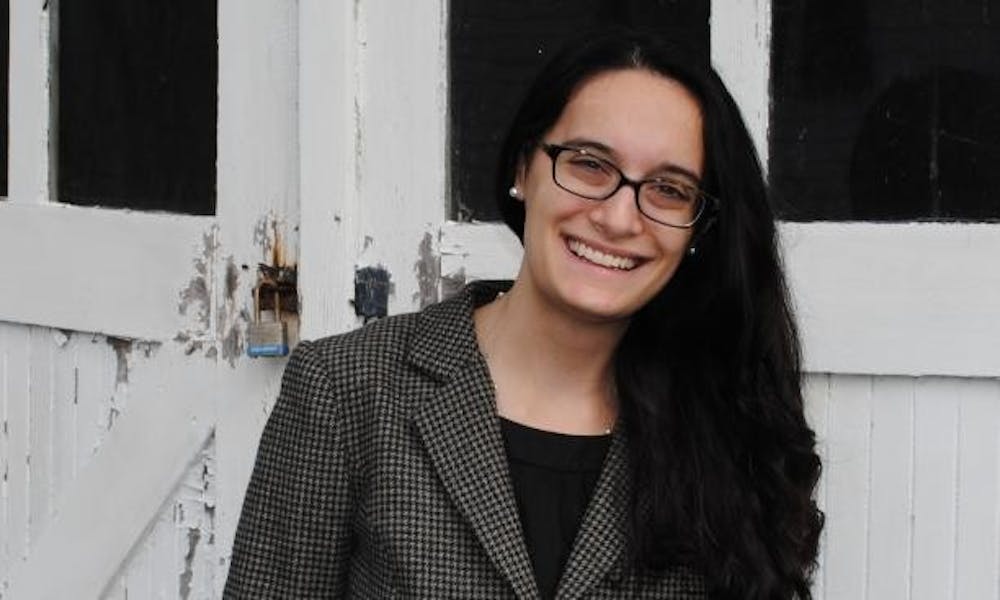“I’m passionate about bringing [the Historical Society of Princeton] into a new era and attracting a more diverse audience in terms of socioeconomics, ethnicity, and age,” Isabel Kasdin ’14 said.
In May 2016, Kasdin was named the executive director of the Historical Society of Princeton, a local organization dedicated to preserving the rich and varied past of the community. As director, Kasdin has dedicated herself to bringing the organization into a new age that reflects the diversity of the community it serves.
“New Jersey is slated to become a majority-minority state by 2020, and that’s huge. History organizations have a lot of work to do so that they’re not seen as just this place where old white people go to commune with old white people from the past,” Kasdin said.
Throughout her work at the society, Kasdin has watched the organization evolve. She began working with the Historical Society as a volunteer docent at the age of fifteen.
“As a docent, I formed a connection with the organization. I really connected with the field that that volunteerism represented: the field of public history and museum studies,” she said.
Since then, Kasdin has done every possible job within the organization, taking her first paid position as a collections and research assistant after she graduated. Two years into her career, she was offered the full-time position of curator.
Having formed such a personal connection with the society, Kasdin is deeply aware of both the organization’s main goals and her own goals for it as they move forward.
Kasdin expressed that the main goal of the Historical Society of Princeton is to enhance community vitality.
“As a local history organization, it’s important that people feel connected to the sense of history and the sense of heritage in the place that they are,” she remarked. “Having a put-together historic landscape makes us a more vital community.”
The organization's second goal is enhancing historical literacy. “I firmly believe that we all have the ability to think like historians and also understand historical content: it’s essential to our democracy,” she said. “History teaches us how to think critically, how to look at context, how to understand bias, all these things that we should be doing when we look at the news.”
To Kasdin, these goals come at a particularly important time. She noted that it is becoming increasingly difficult for a museum to exist in this world.
“I’d like to see us triumph over these challenges and become a model for all history organizations,” she said.

With four full-time team members and trained staff with advanced degrees in their field, Kasdin recognized what a unique position the organization holds.
“I think that we have a responsibility because we do have these talented people here to really lead the way and bring other organizations that are volunteer-based and help pull them along into the future for museums,” Kasdin said.“I don’t think any of us really know what that will look like, but it probably needs to look different than what we are now.”








